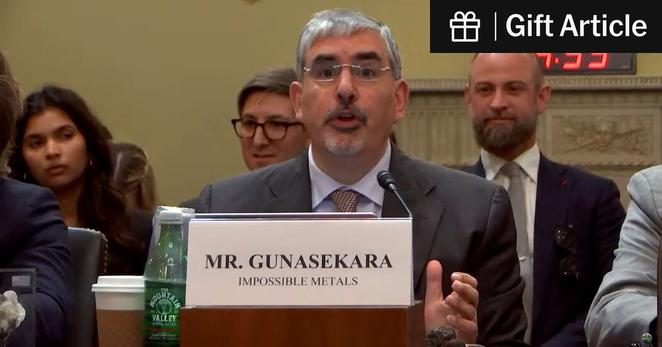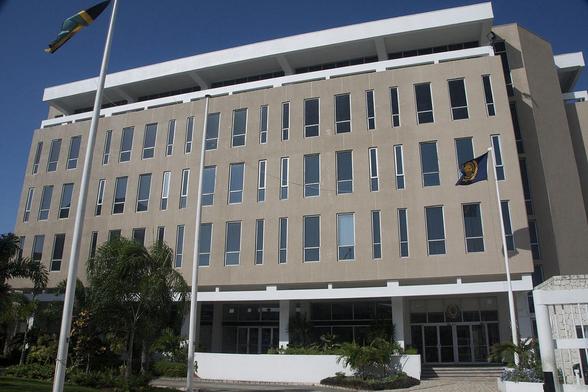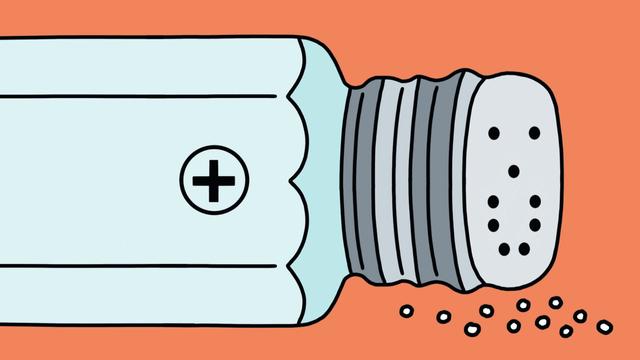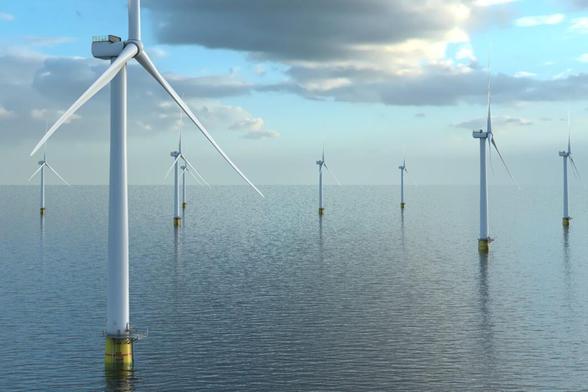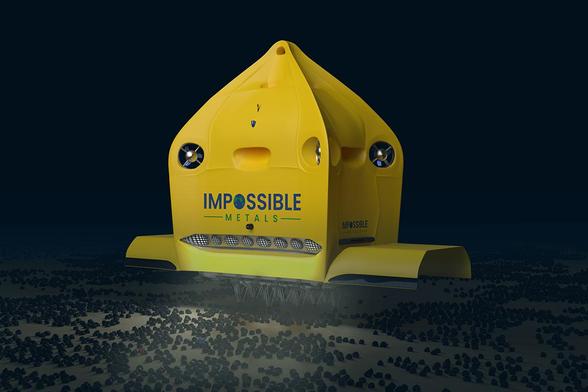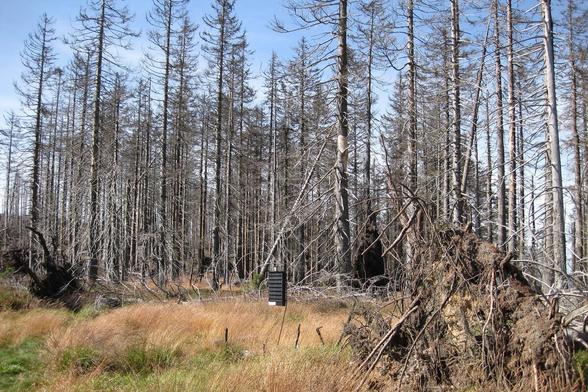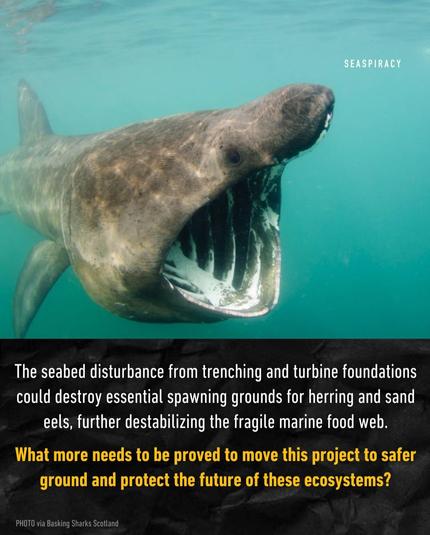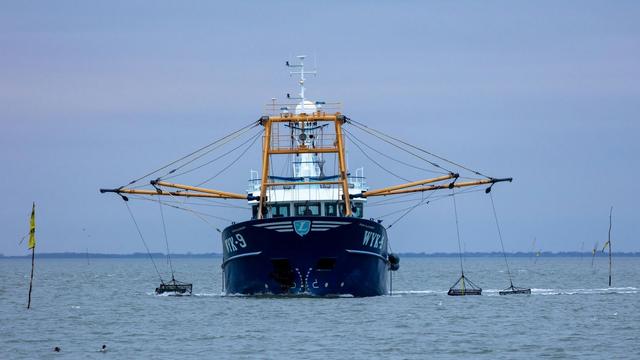As #Norway Considers #DeepSeaMining, a Rich History of Ocean Conservation Decisions May Inform How the Country Acts
In the past, scientists, industry and government have worked together in surprising, tense and fruitful ways
by Christian Elliott, April 21, 2025
"At the #Arctic #MidOceanRidge off the Norwegian coast, molten rock rises from deep within the Earth between spreading tectonic plates. Black smoker vents sustain unique ecosystems in the dark. Endemic species of long, segmented bristle worms and tiny crustaceans graze on bacteria mats and flit among fields of chemosynthetic tube worms, growing thick as grass. Dense banks of sponges cling to the summits and slopes of underwater mountains. And among all this life, minerals build up slowly over millennia in the form of #sulfide deposits and #manganese crusts.
"Those minerals are the kind needed to fuel the global green energy transition—#copper, #zinc and #cobalt. In January 2024, Norway surprised the world with the announcement it planned to open its waters for exploratory deep-sea mining, the first nation to do so. If all went to plan, companies would be issued licenses to begin identifying mineral deposits as soon as #Spring2025. To some scientists who’d spent decades mapping and studying the geology and ecology of the Norwegian seabed and Arctic Mid-Ocean Ridge, the decision seemed premature—they still lacked critical data on the area targeted for mining. The government’s own Institute of Marine Research (IMR) accused it of extrapolating from a small area where data has already been collected to the much larger zone now targeted
“ 'Our advice has been we don’t have enough knowledge,' says Rebecca Ross, an #ecologist at IMR who works on Norway’s #Mareano deep-sea mapping initiative. She says the decision was based solely on the #geology of the area. Taking high-resolution scans of the seabed and sampling its geology is the first step when research ships enter a new area, but critical biological and ecological research is more difficult and tends to come later—which is the case on the ridge area targeted for mining. Ross says it’s certain that area contains vulnerable marine ecosystems that would be affected by the light and noise pollution and sediment plumes generated by mining. The IMR estimates closing the knowledge gap on the target area could take ten years.
"The same conflict, with a partial scientific understanding misinterpreted and used to justify resource extraction, is playing out in the #Pacific, where mining pilot projects are already underway in international waters. Years before, scientists funded by industry scouted the #seabed there, discovering both valuable minerals and new forms of life."
Read more:
https://www.smithsonianmag.com/science-nature/as-norway-considers-deep-sea-mining-a-rich-history-of-ocean-conservation-decisions-may-inform-how-the-country-acts-180986412/?utm_source=firefox-newtab-en-us
#LeaveItInTheOcean #DeepSeaMining #NoDeepSeaMining #RecycleCopper #LifeOnEarth #Ecocide #PlanetDestroyers #HumanGreed
